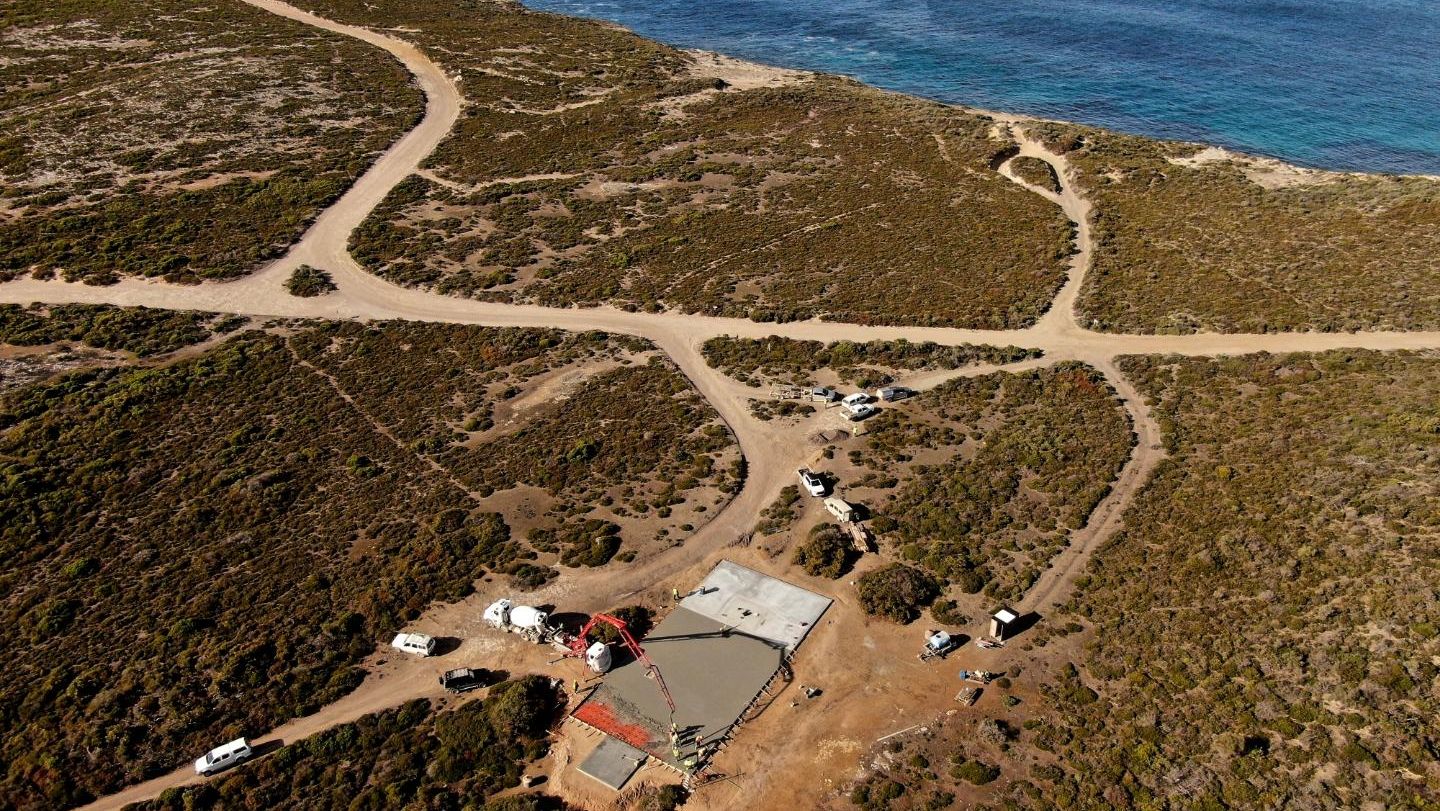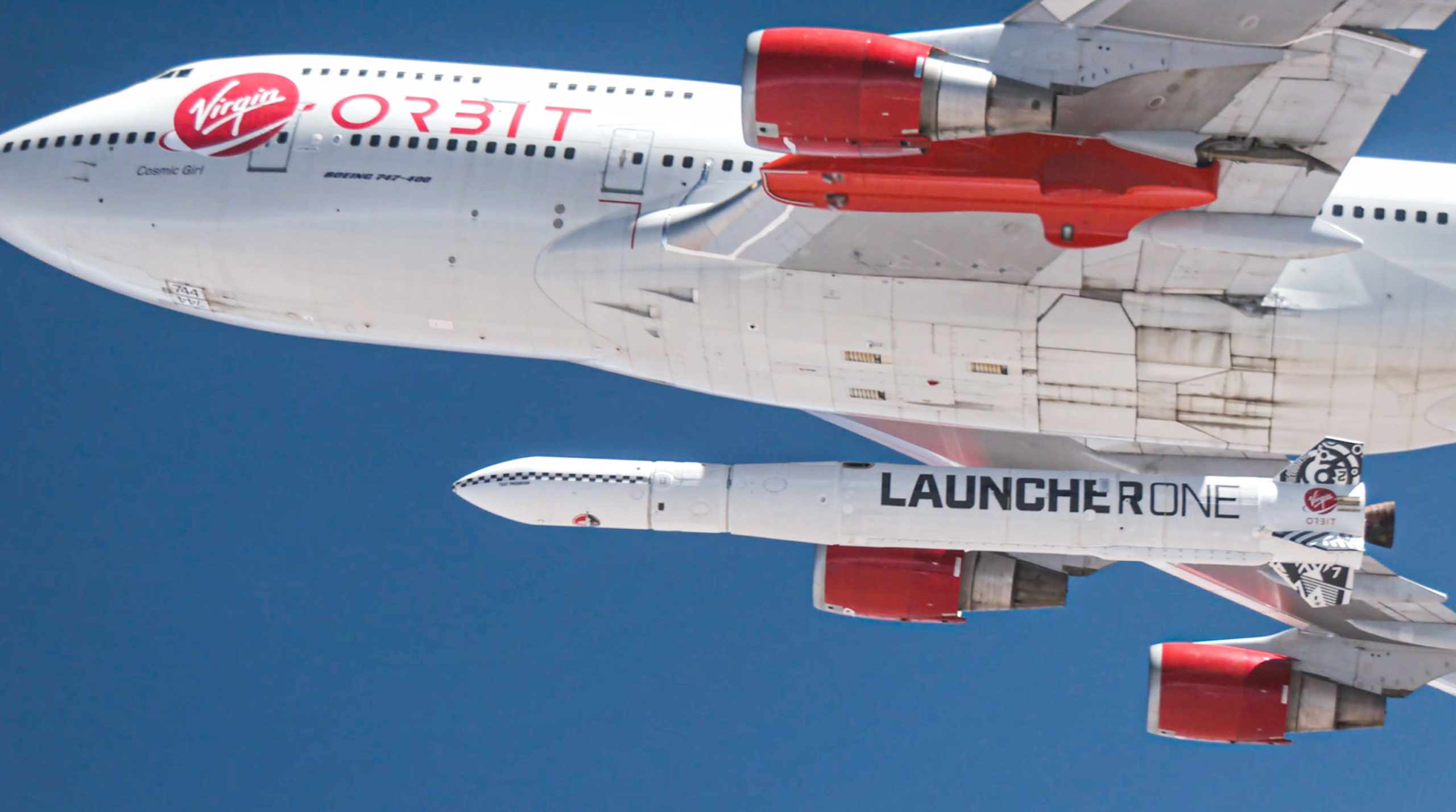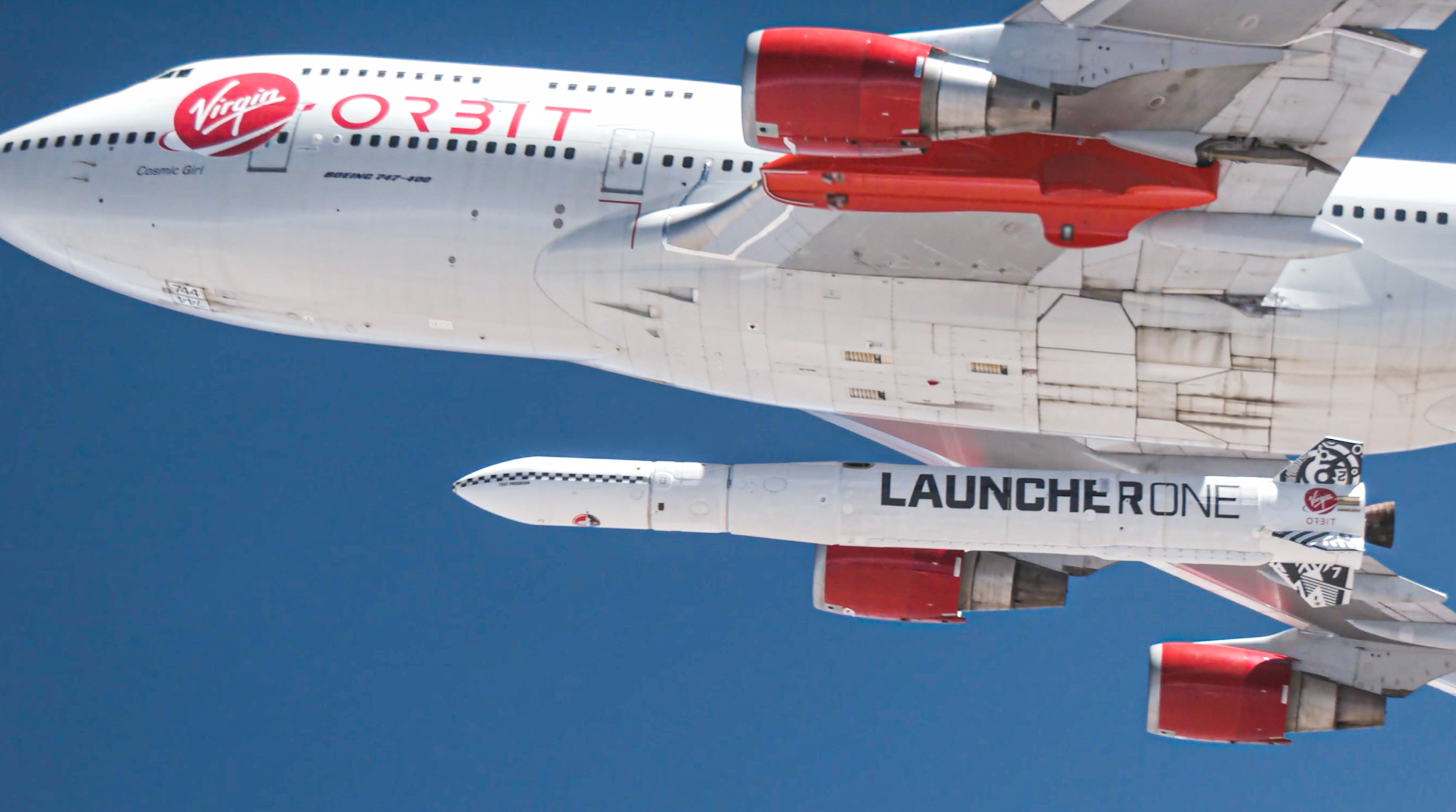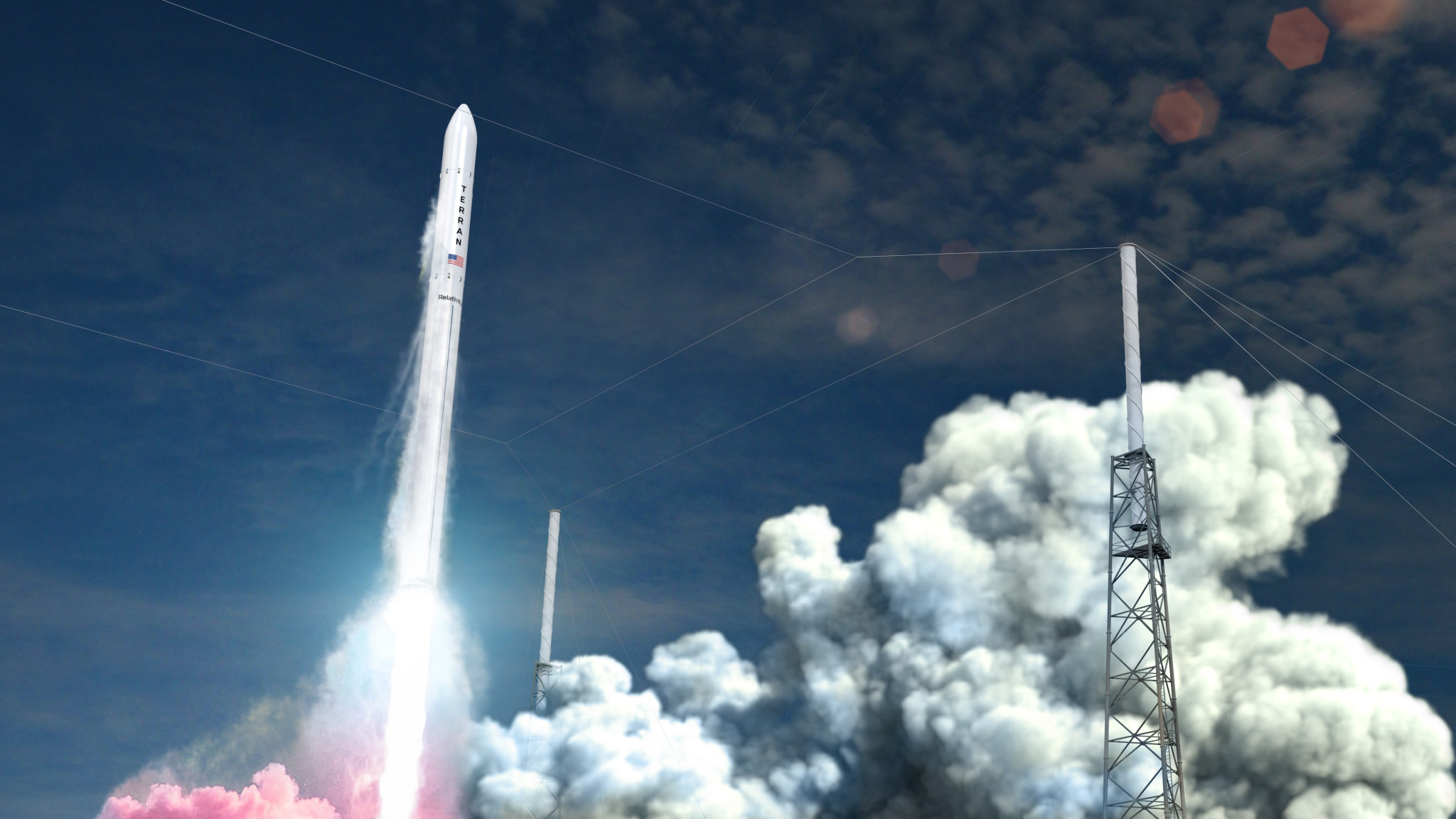Max Q is a weekly newsletter from TechCrunch all about space. Sign up here to receive it weekly on Mondays in your inbox.
Another public launch company is coming soon, while a still-private launch had to push off their planned first flight date. Still another launcher got the go-ahead for its big debut. It’s a launch launch launch news week in space.
Virgin Orbit plans $3.2B SPAC
The past year has been a real dam-break in terms of exit events for space-focused startups, and it’s hard to attribute that to anything other than the rise in popularity of the SPAC merger path to public markets. Virgin Galactic began the fad, and now Richard Branson’s other space company, Virgin Orbit, is following suit.
Virgin Orbit, which also launches its spacecraft from a modified commercial airplane at high-altitude, but which focuses on small satellite payloads instead of flying people, stands to gain nearly half-a-bilion dollars in on-hand cash from the merger.
SPACs remain something that most retail investors and market observers should be wary of, but Virgin Orbit does appear to have some solid business in fundamentals in place, now that it’s actually an active launch services provider. The company reached orbit for the first time in January, and then flew its first commercial mission for paying customers in June.
Relativity’s first launch slips, but Astra’s is on track
In other newbie launch provider news, 3D-printed rocket startup Relativity Space has pushed its first flight to 2022. The company’s debut Terran 1 rocket needs a bit more time, owing to no individual factor, but because of various refinements to the design, a new engine design, better construction materials — and yes, the impact of COVID-19.
The company is still aiming to have that launch done by “early 2022,” so it doesn’t sound like it’s slipping in terms of target time very much. Of course, in the space industry, you can never be sure of when a rocket is taking off until it actually takes off.
Astra is another provider looking to join the club of active launch companies by the end of 2021. While the company has done well with its test launches to date, but it hasn’t technically achieved orbit. It’ll look to add that notch to its belt, along with getting its first commercial launch done for a paying customer, with a launch window that opens later this week. It got the green light from the FAA to fly the mission last week, setting the stage for the attempt.
Taiwan and Australia’s commercial launch moves

Image Credits:Australian Space Agency (opens in a new window)
Taiwanese launch startup Tispace has also gotten a regulatory green light for its first commercial launch. The company is looking to fly a test flight of its two-stage suborbital rocket, and will do so from a launch complex in Southern Australia. Both Australia and Taiwan have young but potentially promising space industries, so this should be a mission to watch once it gets a firm schedule for later this year.
Join us at TC Sessions: Space in December
Last year we held our first dedicated space event, and it went so well that we decided to host it again in 2021. This year, it’s happening December 14 and 15, and it’s once again going to be an entirely virtual conference, so people from all over the world will be able to join — and you can, too.















